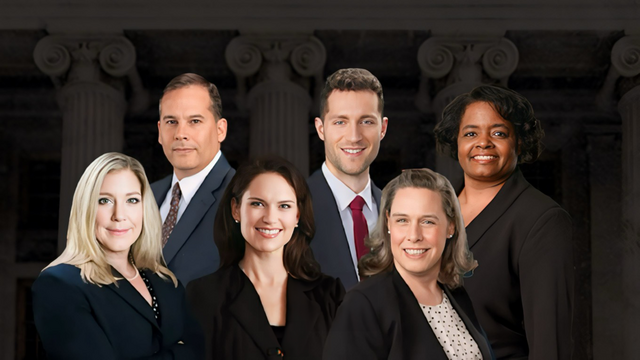Virginia Federal Criminal Cases: Indictment Process
If you become aware of a federal arrest warrant before law enforcement officials arrive to actually serve it, turning yourself in is absolutely the way to go. It really depends on the nature of the investigation as to whether or not the federal investigators are going to notify you that there is an arrest warrant pending. However, if you find out, turning yourself in greatly helps your cause because it shows the court your willingness to comply with the system and to appear and answer the charges. That makes it much more likely you will be released on some kind of bond or perhaps even on your personal recognizance.
It can potentially take years to learn of an indictment, although generally law enforcement officials do not sit around that long. However, if they do not know where a person is and they are not able to find that person right away, it could sit for months or even years. For more information about the indictment process in federal criminal cases, speak with a Virginia federal criminal defense lawyer immediately.
When Government Decides to Indict and Arrest Someone
When the government decides to arrest someone they believe is involved in a federal criminal case really depends on the kind of case. If there is an indictment handed down by a grand jury, then the government is going to start looking for you right away and that obviously is a triggering event.
If there is not an indictment, but they become aware of criminal activity and they feel someone needs to be charged, it is possible for them to get an arrest warrant before an indictment is handed down. These decisions rest solely within the discretion of the people who are investigating the activity leading to the arrest.
How Federal Process Differs From Local or State Process
It really does not differ from an arrest involving state and local authorities. You are taken into custody and brought to court at some point, where they determine whether or not you should be released on bond. The primary difference is that in the Virginia state system a person will be brought immediately before a magistrate, where they have a chance to get out on a bond as soon as they are arrested. In the federal system, you need to appear before a magistrate judge in court and that can take a day to get done.
For federal criminal cases, it is much more common for Virginia and federal law enforcement officials to conduct extensive investigations into a case before they arrest anyone. However, there are cases where the arresting agency will arrest someone first and complete their investigation afterward. As long as they feel like they have enough to convict you, they are going to arrest you. That may take place before they complete their investigation.
Getting Arrested by Federal Agents in Virginia
When you are arrested by a federal agent, you will be taken to jail and your first opportunity to be heard on the issue of charges and bond is the next day. You will be brought to the Magistrate Court in the locality where you have been arrested. At that point the judges will advise you of the charges and ask what you would like to do about counsel. They might appoint an attorney for you if you meet the qualifications for court-appointed counsel, otherwise you will be expected to get your own attorney.
The court may or may not entertain the notion of release at that time, but on the more serious cases the court will hold the person until an attorney has noted his appearance and filed a motion for the judge to consider releasing on certain conditions.
When to Contact a Virginia Federal Criminal Lawyer
If you think you might be implicated in a federal criminal case, you should contact a federal criminal defense lawyer in Virginia as soon as possible, regardless of your guilt. If you have already been arrested and have been placed in jail, you should be afforded the opportunity to make a phone call from jail. That phone call can either be to a loved one who can help you find an Virginia federal criminal defense attorney, or to an attorney directly if you already know whom you want to hire.




